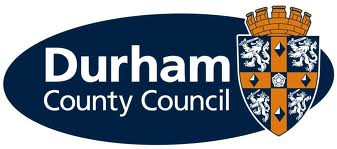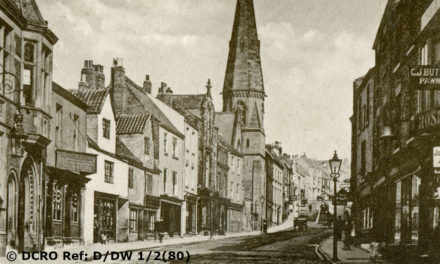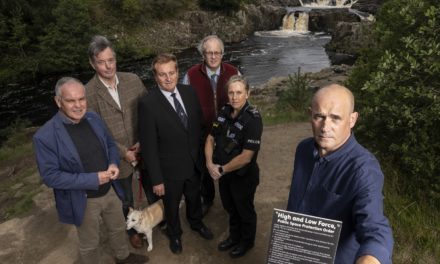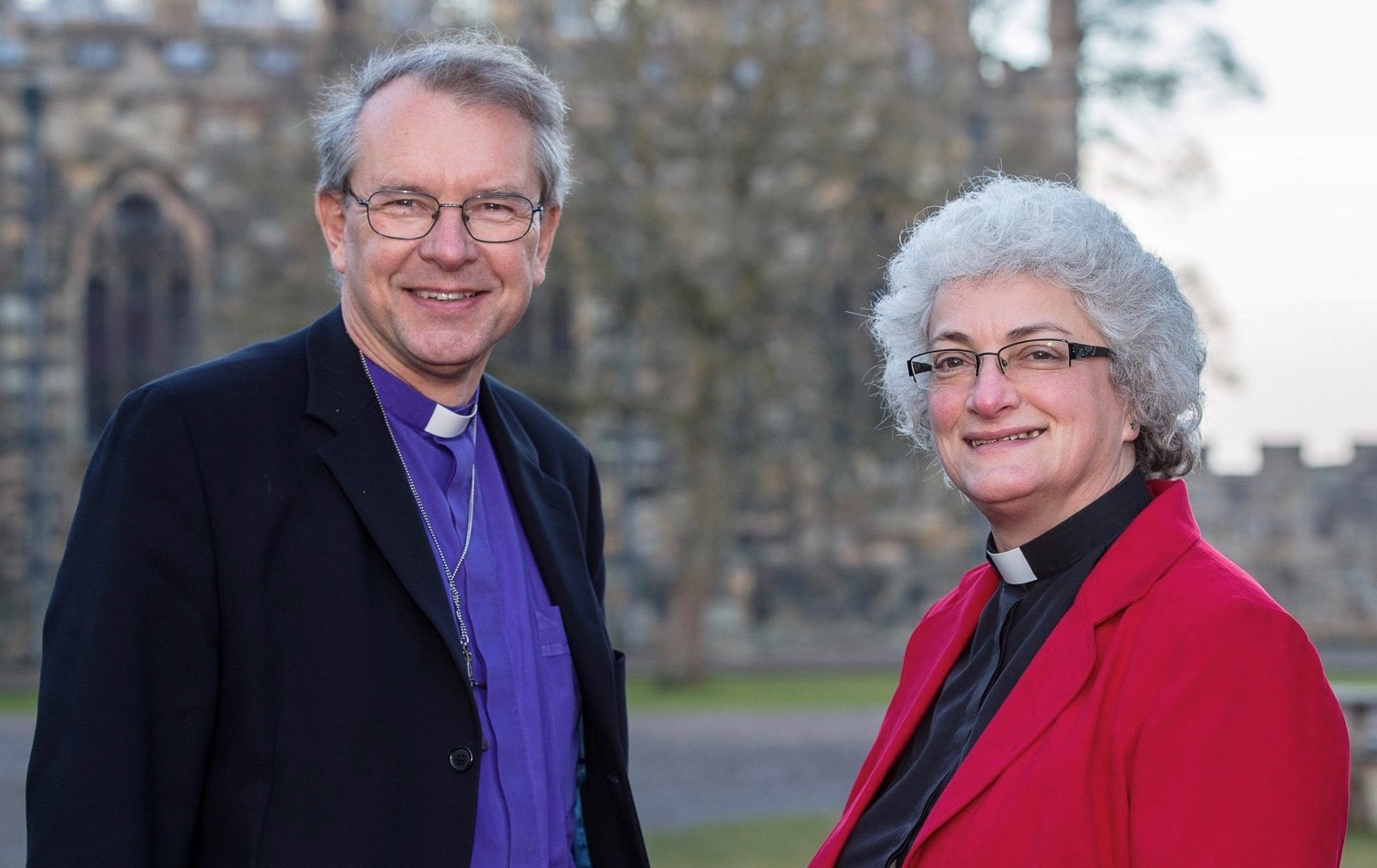Councillors will be asked to back changes to council tax charges aimed at bringing long-term empty properties back into use when they meet next week.
Earlier this year, Durham County Council sought views from residents and landlords on proposals to revise its policy on council tax charges for properties that have been unoccupied and unfurnished for more than two years.
The proposed changes are part of the council’s work to improve housing and tackle homelessness. It would see the council tax premium charged for properties that have been empty between two and five years increased from 50 per cent to 100 per cent, and for those unoccupied and unfurnished for more than five years, 200 per cent.
The 12-week public consultation ended on 6 October and on Wednesday 13 November, Cabinet will be asked to endorse the proposals, which will bring the charges in line with new national guidelines.
To reflect feedback gathered during the consultation, Cabinet will also be asked to approve a new section of the policy that addresses owners and landlords’ concerns. This would see assistance provided to owners who have been unable to sell or let their properties for legitimate reasons; have purchased long-term empty properties and are renovating them to return to the property market; or where the properties are being kept empty due to them being in an area subject to regeneration or where the houses have been earmarked for demolition.
If approved, the changes would come into effect in April 2020.
Cllr Kevin Shaw, the council’s Cabinet member for strategic housing and assets, said: “The revised policy ties in with our Housing and Homeless Strategies, as it will encourage owners to bring these homes back into use, which will boost the supply of affordable properties available to rent in the county. Our housing solutions team is here to help and we are keen to work with homeowners and landlords to bring empty homes back into use for the benefit of all. I would like to thank everyone who took part in the consultation.”
At the same meeting, Cabinet will be asked to approve the council tax base for 2020/21. This is the number of Band D and equivalent dwellings in the county, taking into account discounts, premiums and exemptions, and is used to determine the amount of council tax local authorities charge each household. County Durham’s council tax base for the next financial year has been calculated as 141,742, an increase of 1.43 per cent from 2019/20.
Cabinet will meet in County Hall in Durham at 10am on Wednesday 13 November.











